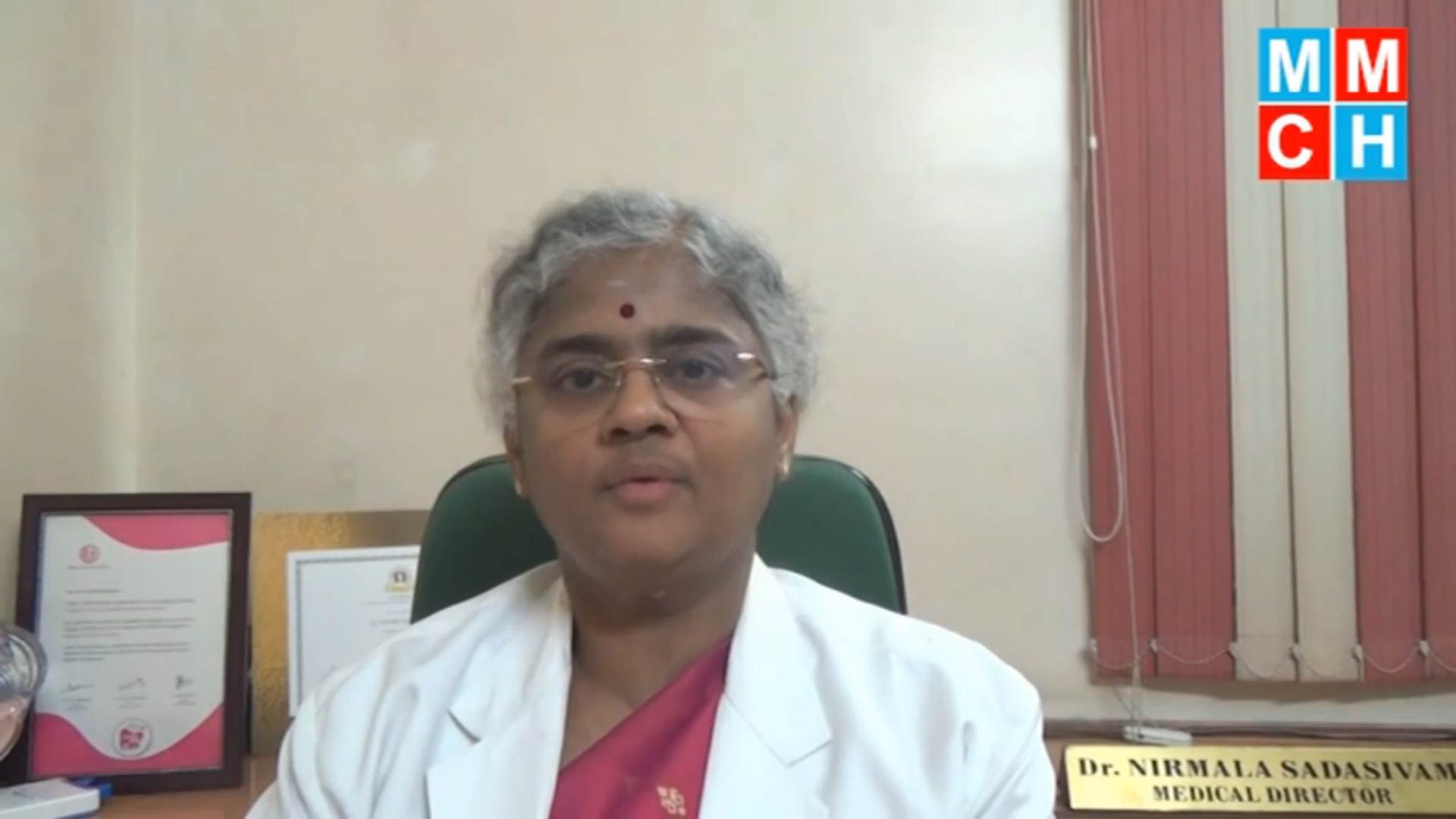ICSI TREATMENT – Intracytoplasmic Sperm Injection
This is a procedure in which a sperm is injected in to the cytoplasm of one egg using micro injection needle with the help of micromanipulators under inverted microscopes with X 400 magnification. The main advantage of the Method is that, it needs only very few sperms equivalent with the number of eggs obtained. This stands as the first line of treatment in extreme male infertility like severe Oligospermia, asthenospermia etc. Surgically extracted few sperms are ideally used for this procedure in males who are otherwise Azoospermic (nil sperms in the ejaculate).
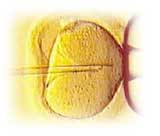

Procedure
Sperms are immobilized using PVP (latest being LASER immobilization) and they are aspirated singly in the microinjection needle and the egg is held using a holding pipette. Then the loaded sperm is injected into the cytoplasm of the egg. All these techniques need great deal of skill and hitech equipments. By doing this several barriers of fertilization are overcome and fertilization occur in almost all eggs injected. The overall success rates is around 41% in day 3 transfer and 63% success in day 5/6 transfers in our center.
Before undertaking this treatment males are supposed to subject themselves for blood karyotyping test which must be normal as a pre requisite for ICSI.
SURGICAL SPERM EXTRACTION : This is done when there is no sperms in the ejaculate. Very few live sperms or spermatids (younger sperms) could also help in doing ICSI and getting babies. Methods explained as below are done according to the need of the male partner.
1. MESA : Micro Epididymal Sperm Aspiration, using microscopic equipments and microsurgical procedures, few sperms could be extracted by this. When IVF is planned later in a convenient time, these sperms could be preserved by cryopreservation.
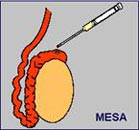
2. PESA : Percutaneous Sperm Aspiration, is done in place of MESA in few centers.
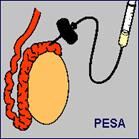
3. TESE : Testicular Sperm Extraction method will extract sperms from the testes directly. Even if few Spermatids (younger sperm cells) are extracted this will serve the purpose of fertilization in ICSI procedure.
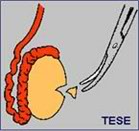
Whatever may be the mode of sperm extracted for ICSI, the sperm injected eggs are fertilized for 90% of the time. Failure in the fertilization, thereby loosing the costly eggs are conquered by this method, which definitely promote the success rates because of more no; of embryos. The success rates comparatively less than routine IVF, because of male pronucleus problem during fertilization and further growth.


